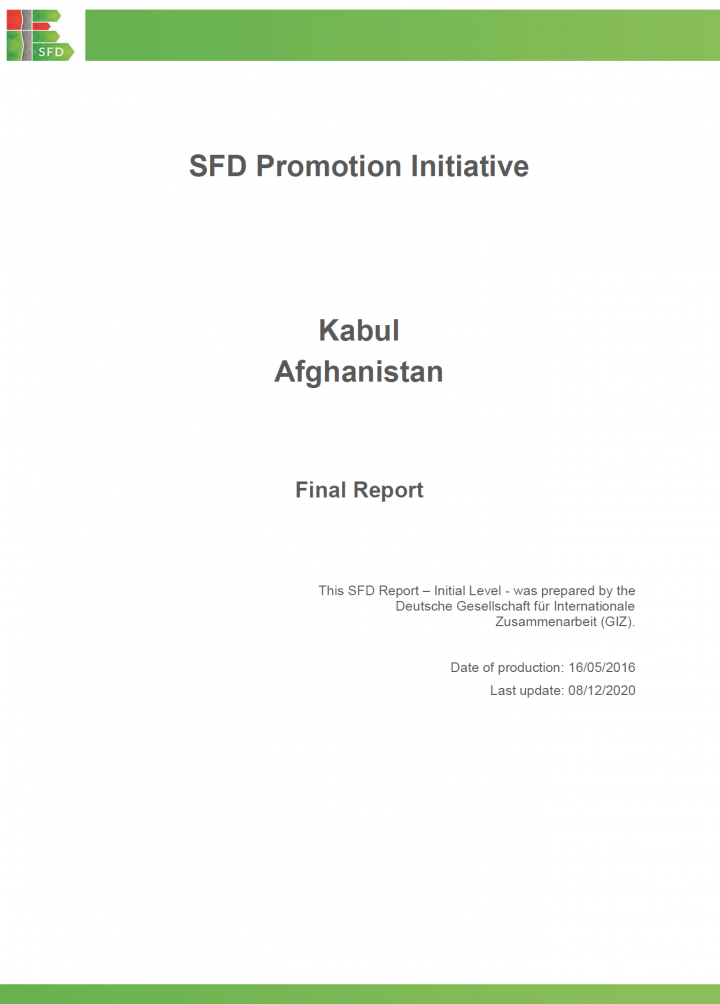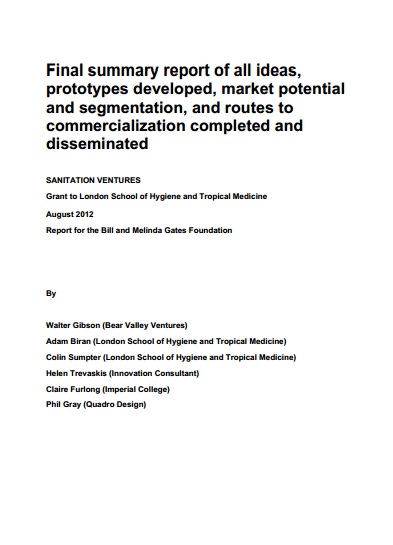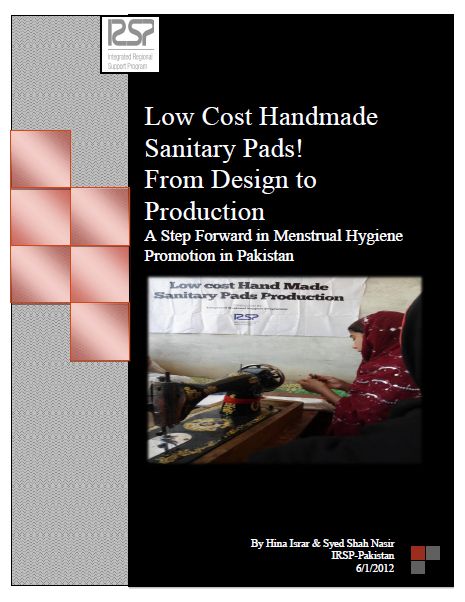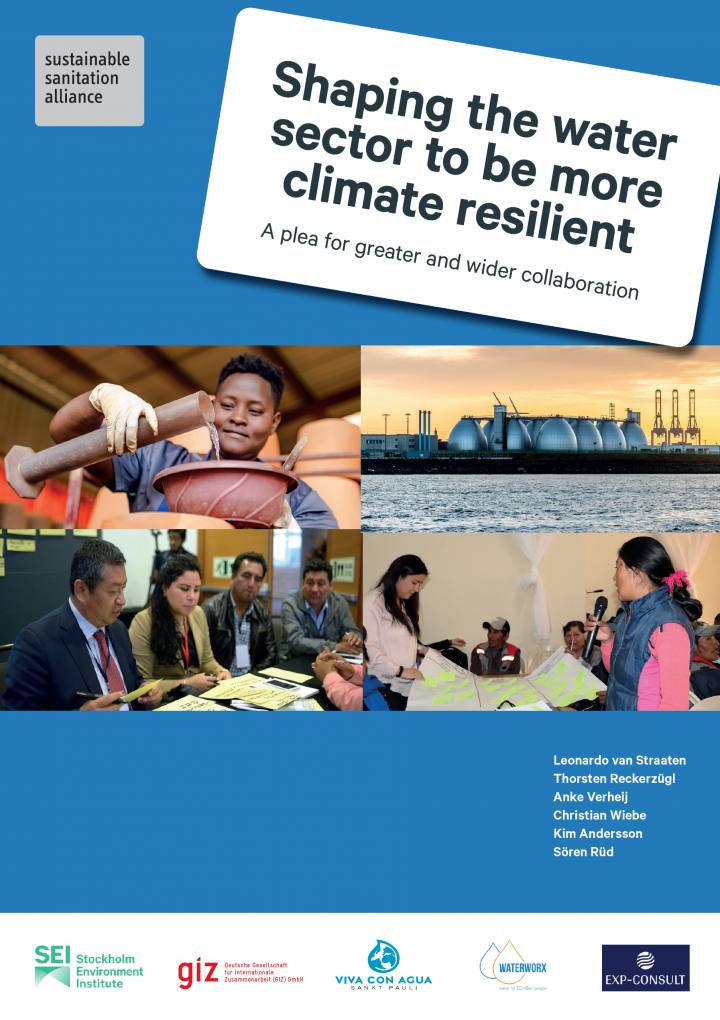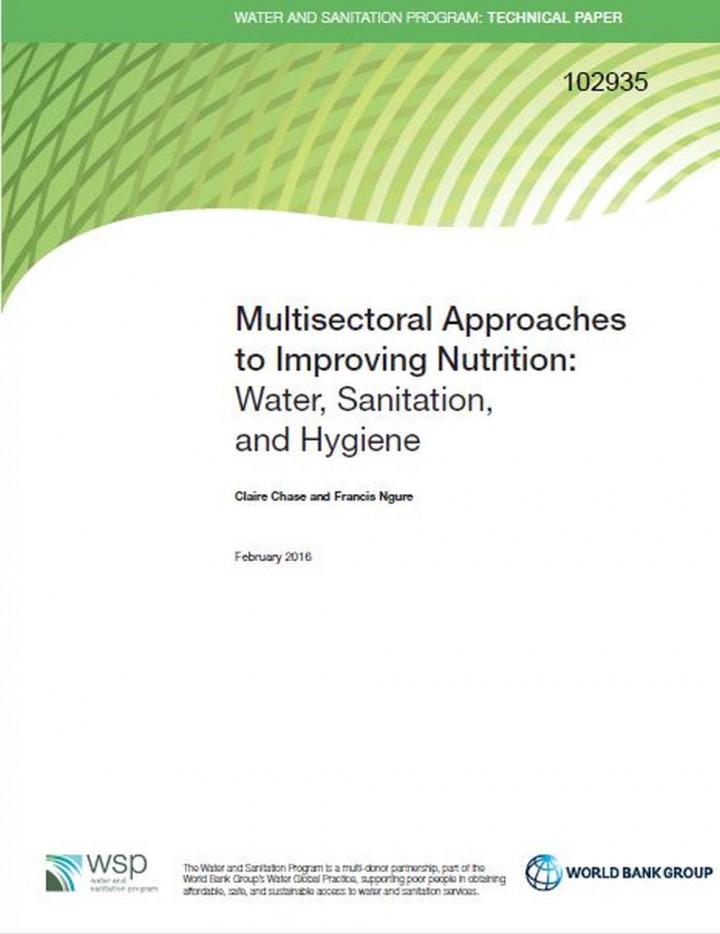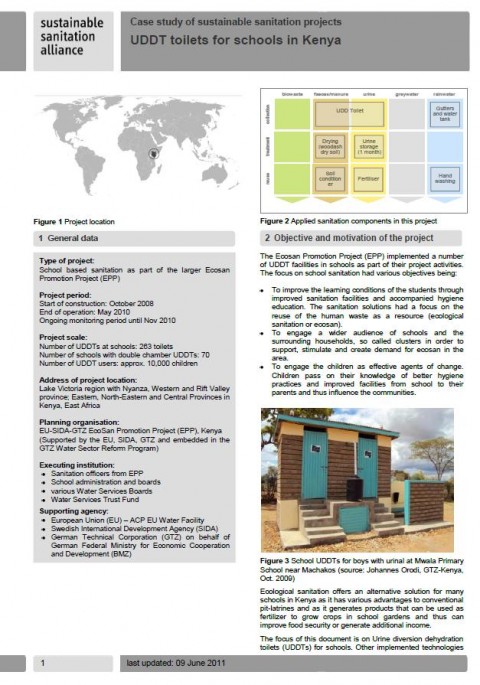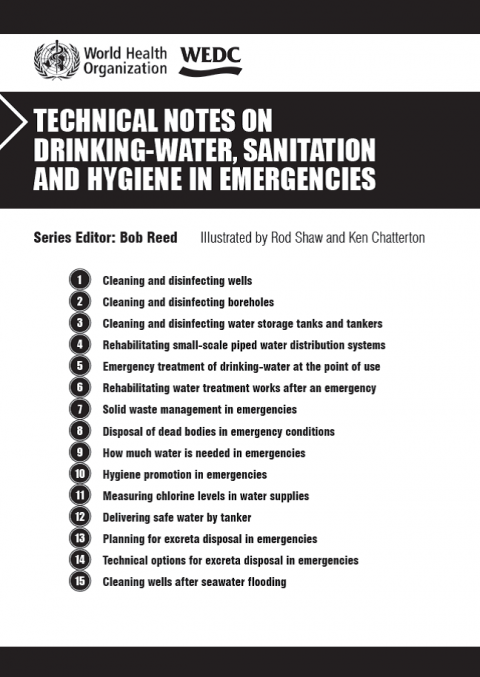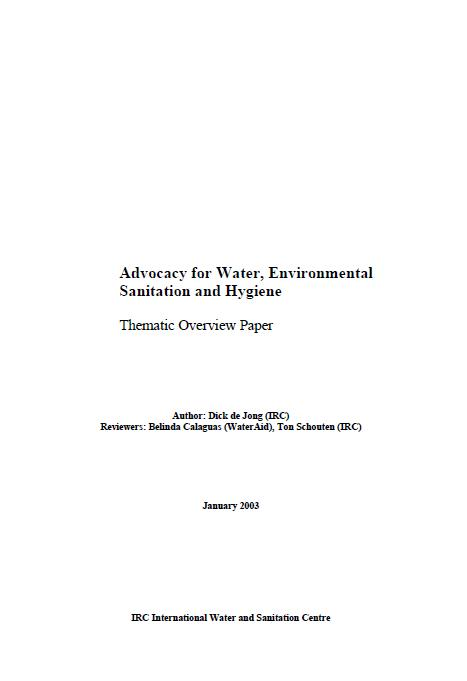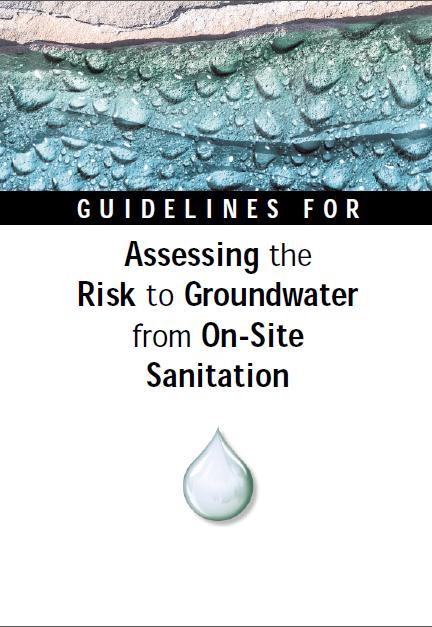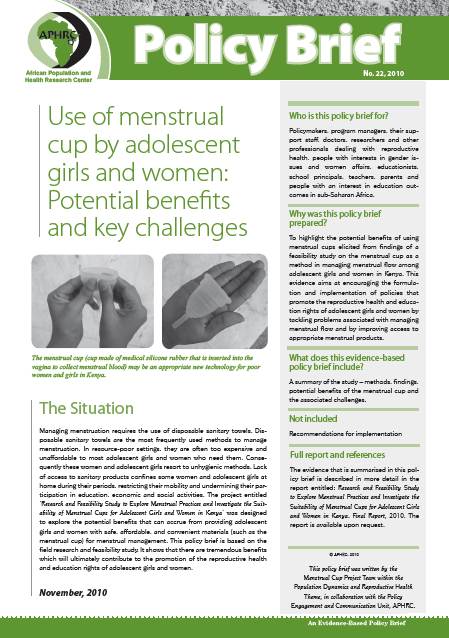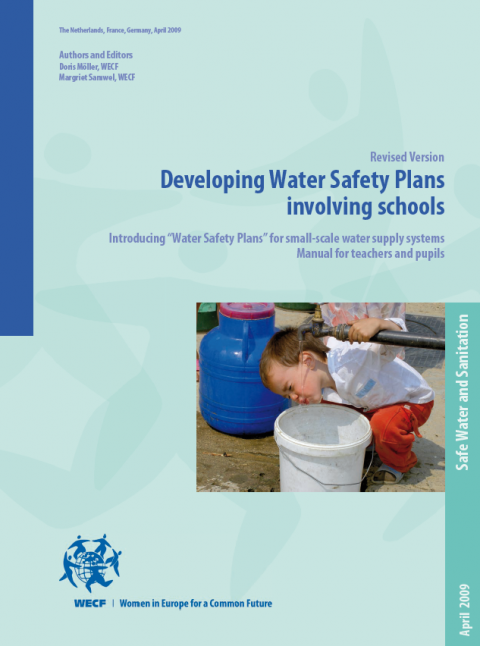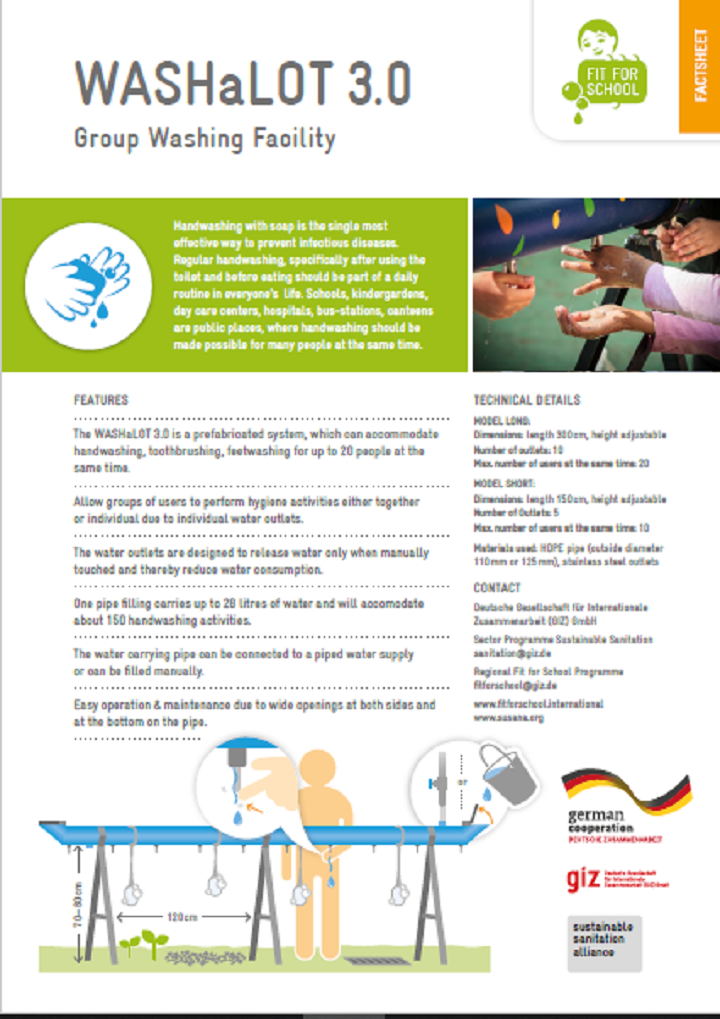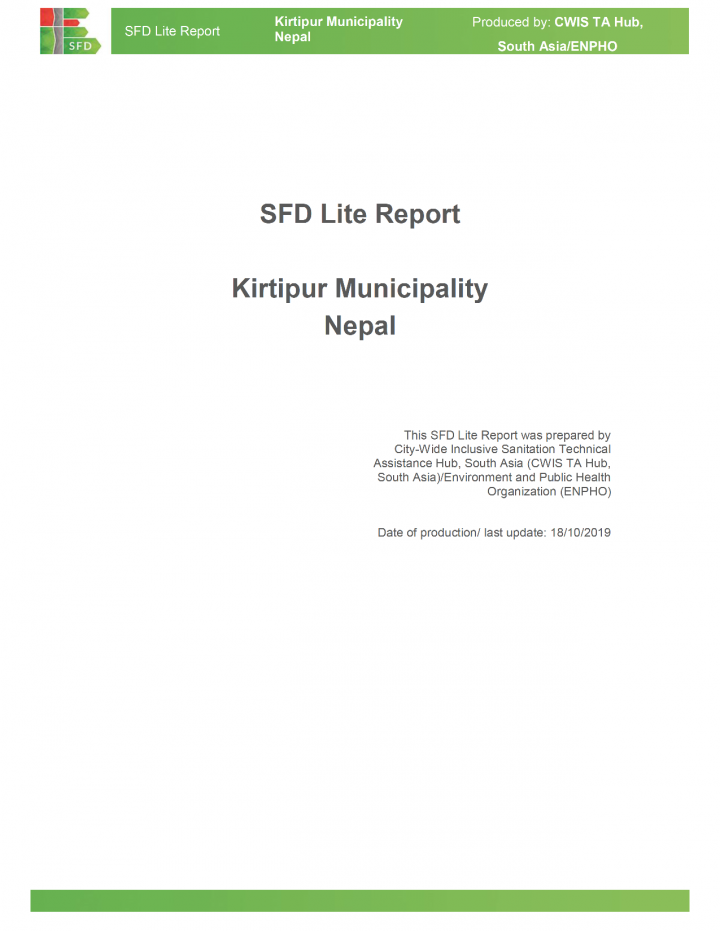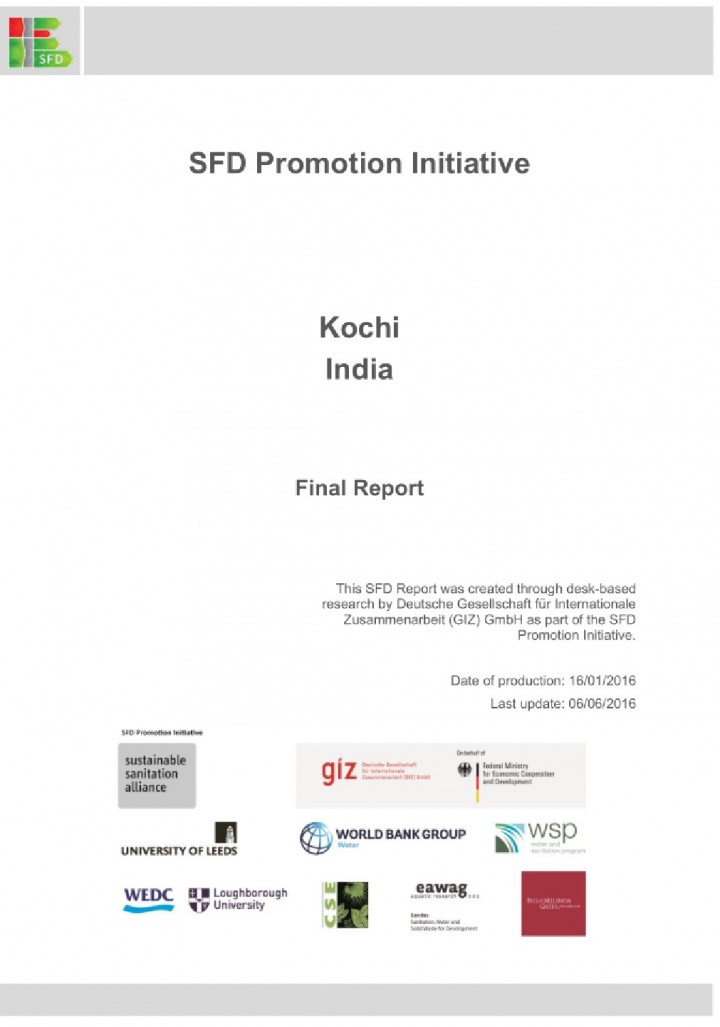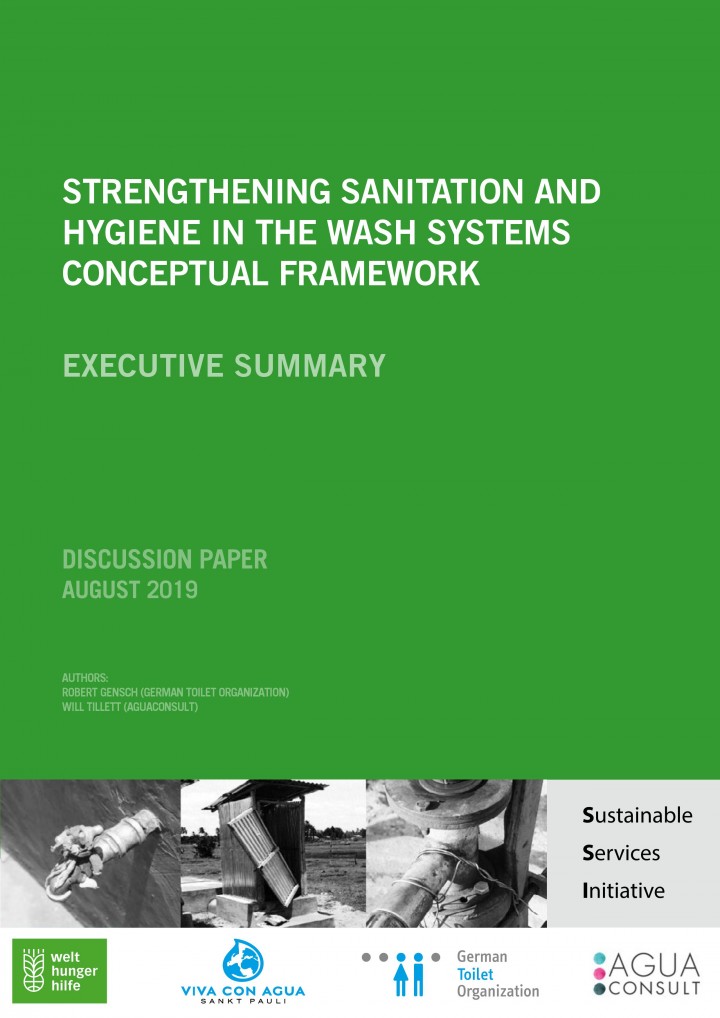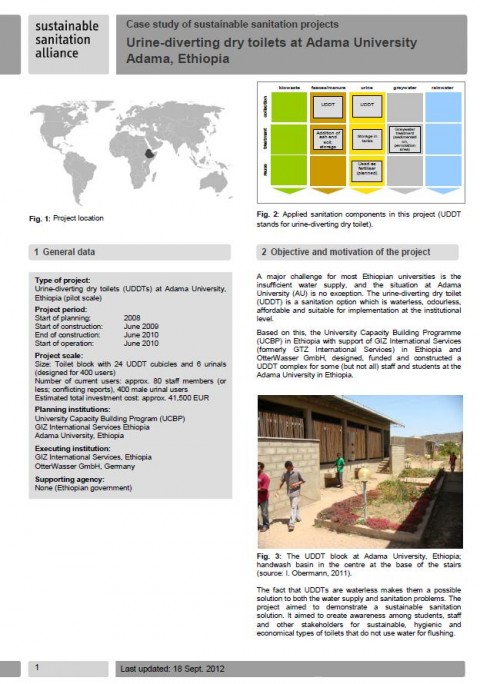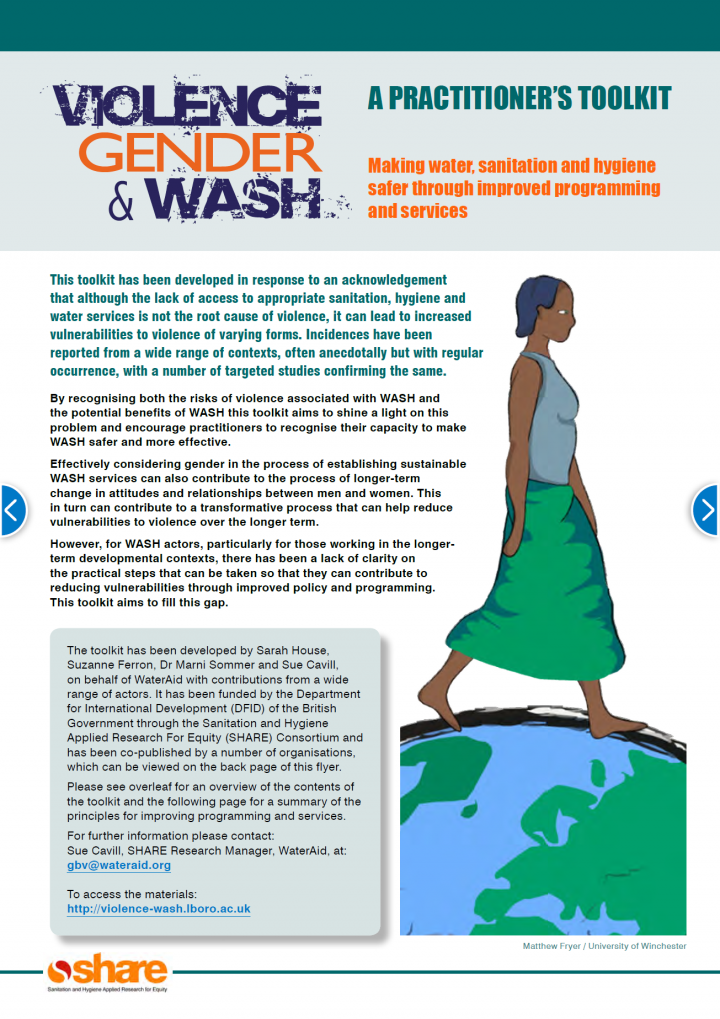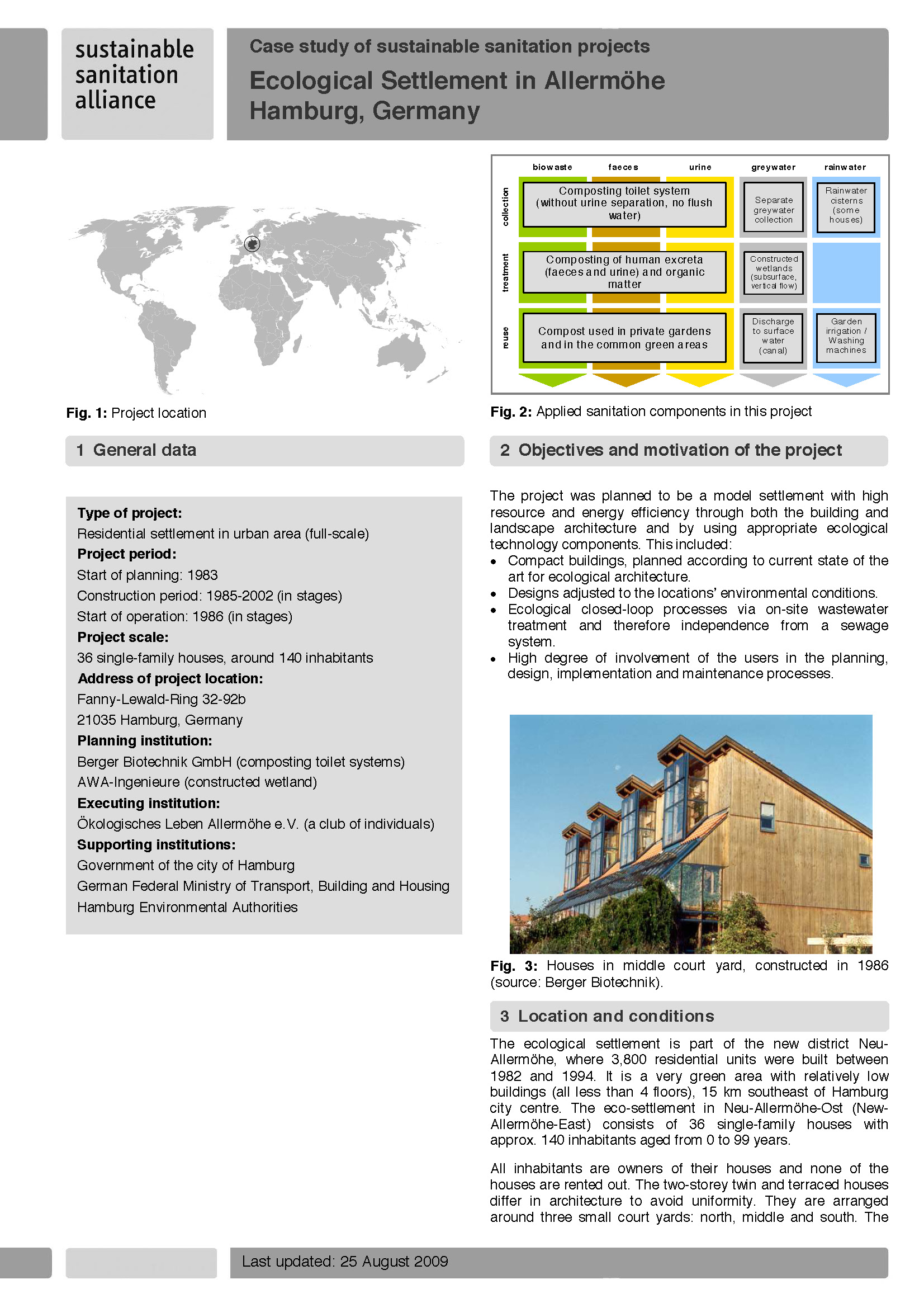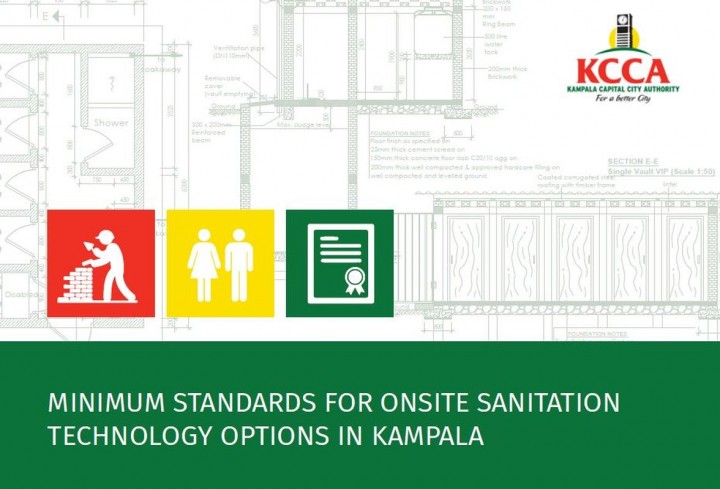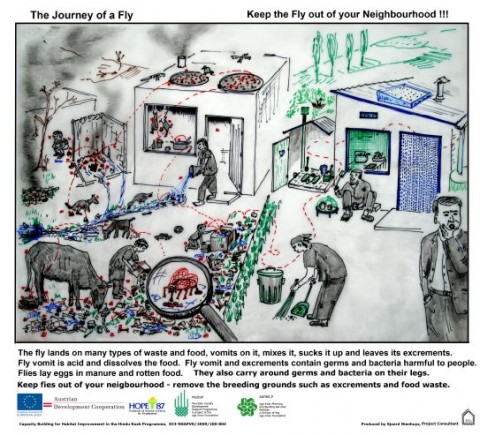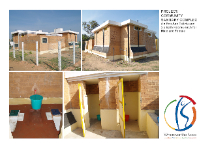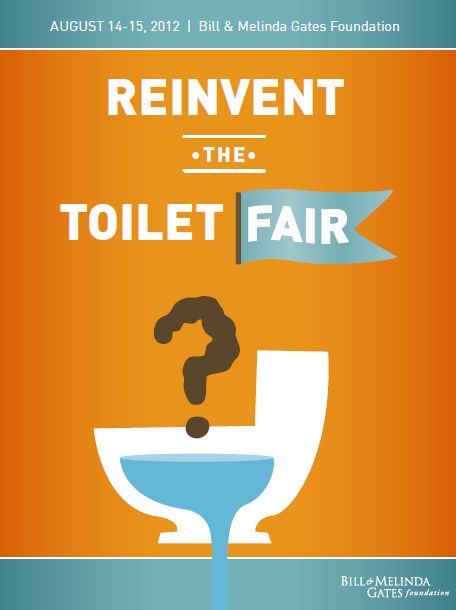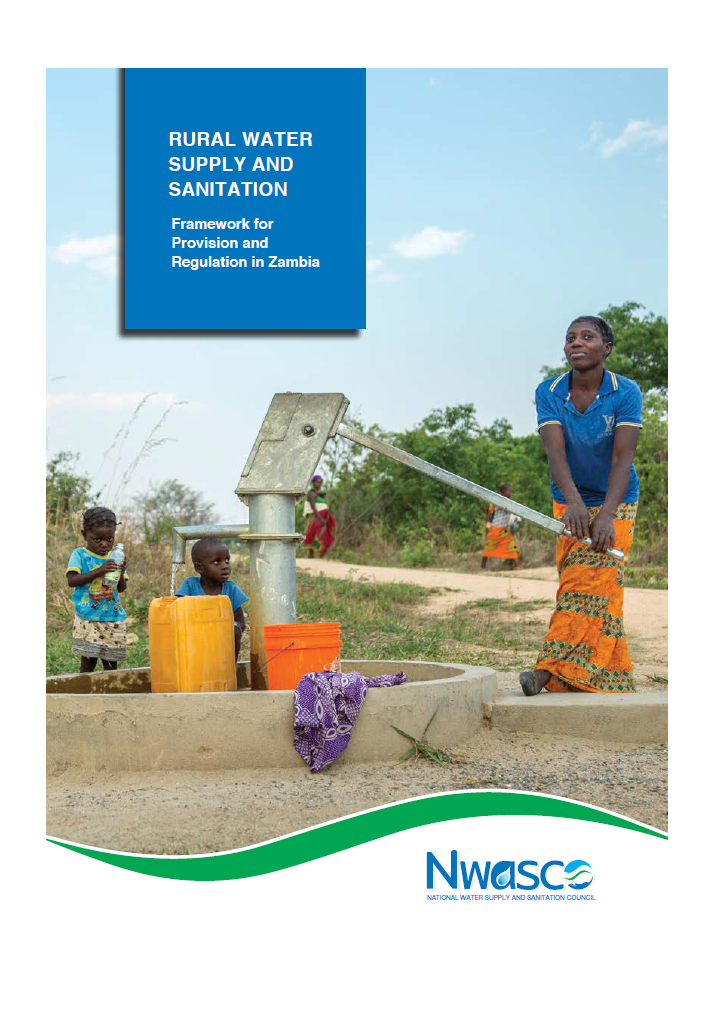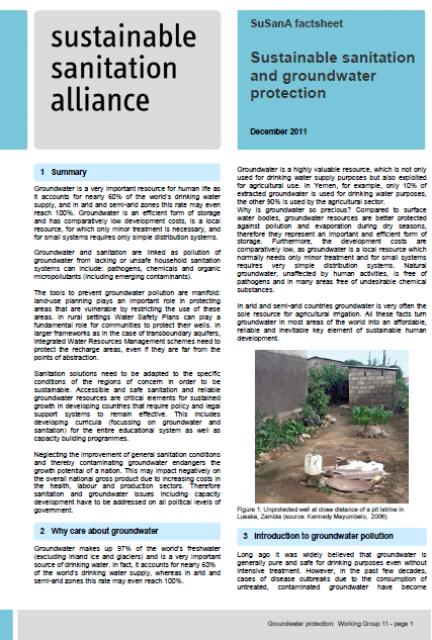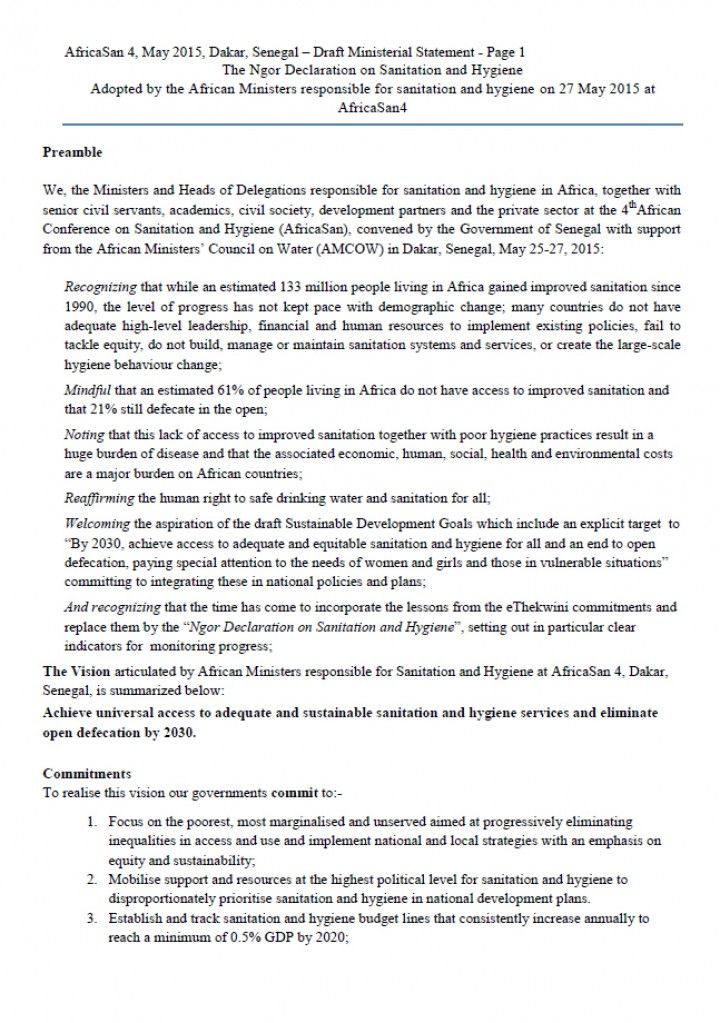Searching for information on Sanitation Workers?
The Sanitation Workers Knowledge + Learning Hub is the best source for all current news, trends, articles and updates on sanitation workers rights around the world.
Kabul is the capital and largest city of Afghanistan, located in the eastern section of the country. According to a 2012 estimate, the population of the city was around 3,289,000. It was selected for the SFD program because it is a mega city with only 20% supplied with piped water and 60% informal dwellings. In Kabul it was estimated that 25% of excreta is managed safely while 75% of the excreta …
Celebrating World Water Day 2021 on March 22nd, six experts, backed by five organizations (Stockholm Environment Institute, GIZ, Viva con Agua, WaterWorX and EXP-Consult) present a plea for greater and wider collaboration to shape the water sector to become more climate resilient. Improved management of water and sanitation services is fundamental not only for climate change adaptation but also …
Handwashing with soap is the single most effective way to prevent infectious diseases. Regular handwashing, specifically after using the toilet and before eating should be part of a daily routine in everyone’s life. Schools, kindergardens, day care centers, hospitals, bus-stations, canteens are public places, where handwashing should be made possible for many people at the same time.
In the …
Kirtipur is one of the historical cities, which was declared as municipality among 58 municipalities under the Municipal Act in 1996 (2053 B. S., in Nepali calendar) within the Kathmandu valley. The total population of Kirtipur Municipality is 65,602 residing in 19,941 households. People of Kirtipur Municipality rely on either municipal water supply or from other sources. The main sources of …
The city of Kochi (also known as 'Cochin') is the touristic and economic capital of the state of Kerala located in the south-west region of India. The municipal boundary of the Corporation Cochin (CoC) has a total population of over 600,000. In Kochi it was estimated that 20% of excreta is managed safely while 80% of the excreta ends up directly in the environment without adequate …
The Sustainable Services Initiative (SSI) of Welthungerhilfe (WHH) seeks to strengthen the sustainability of its WASH programming through adopting systems strengthening approaches and seeks to add value to wider sector efforts in systems strengthening, through participation in movements such as Agenda for Change (A4C). The SSI is primarily financed by Viva con Agua and WHH with technical support …
This toolkit has been developed in response to an acknowledgement that although the lack of access to appropriate water, sanitation and hygiene services (WASH) is not the root cause of violence, it can lead to increased vulnerabilities to violence of varying forms. Incidences have been reported from a wide range of contexts, often anecdotally but with regular occurrence, with a number of targeted …
KCCA’s current drive towards improving faecal sludge management in Kampala is cognisant of the city sanitation challenges and significant contribution of sanitation to economic and social development of the country and thus its citizens. The Authority and its divisions have an intermediary function for the coordination of sanitation planning and the harmonisation with urban development …
The challenge presently posed to humanity’s best and brightest is to develop practical ways and means for giving the “bottom billion” people access to safe and affordable sanitation that is pleasing to use and effectively removes human waste from the environment while recovering components that can be recycled.
The Reinvent the Toilet Challenge:
The initial phase of the Reinvent the …
In developing the framework for provision and regulation of Rural Water Supply and Sanitation Services (RWSS), the National Water and Sanitation Council of Zambia (NWASCO) was mandated to facilitate and coordinate the consultative process under the Ministry of Water Development, Sanitation and Environmental Protection (MWDSEP).
The objective of this publication is to assist in the creation of …
At the 4thAfrican Conference on Sanitation and Hygiene (AfricaSan), convened by the Government of Senegal with support from the African Ministers’ Council on Water (AMCOW) in Dakar, Senegal, May 25-27, 2015, the Ministers and Heads of Delegations responsible for sanitation and hygiene in Africa, together with senior civil servants, academics, civil society, development partners and the private …

